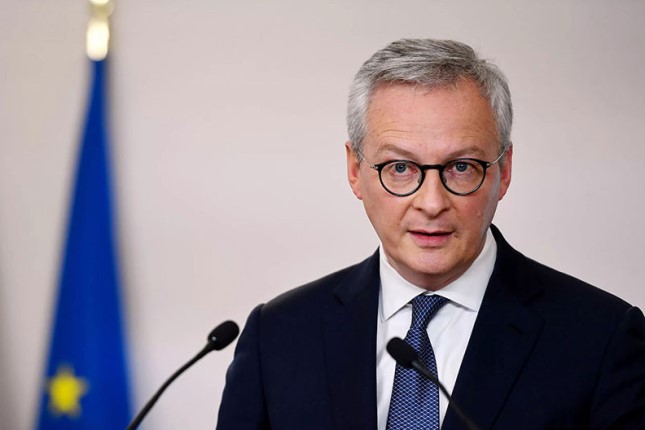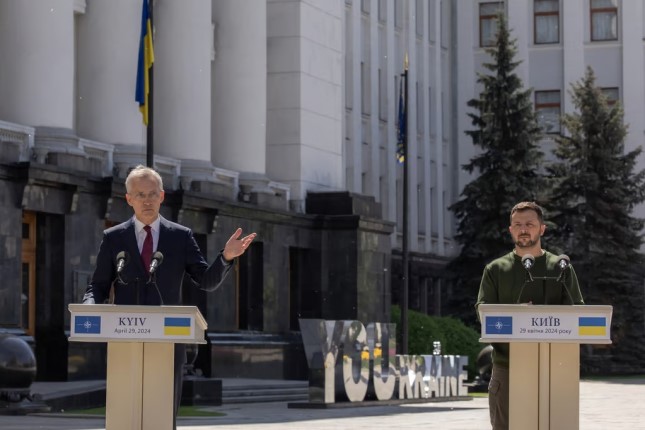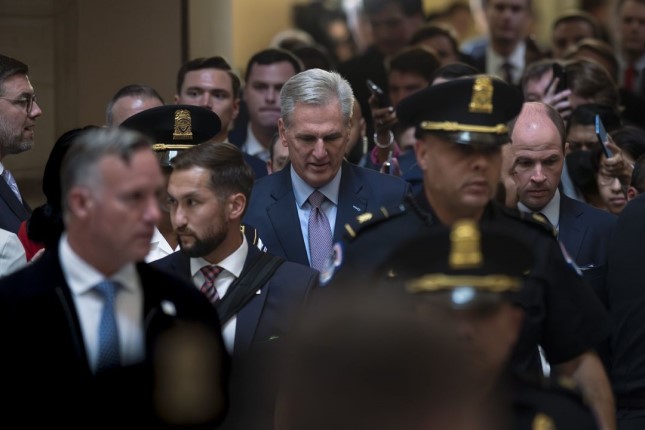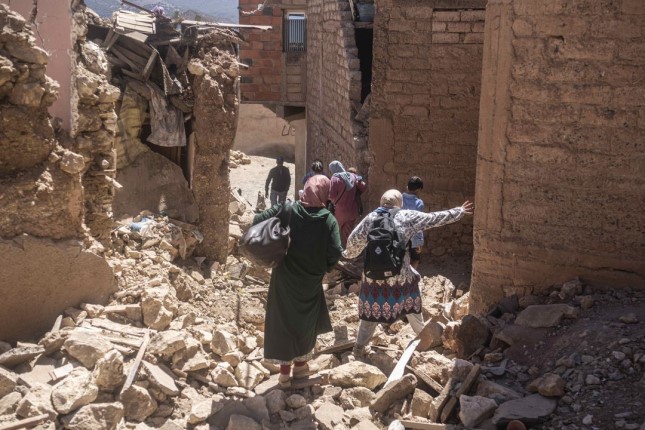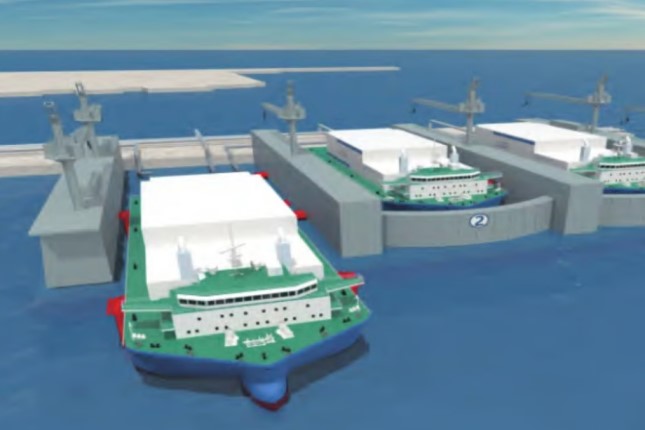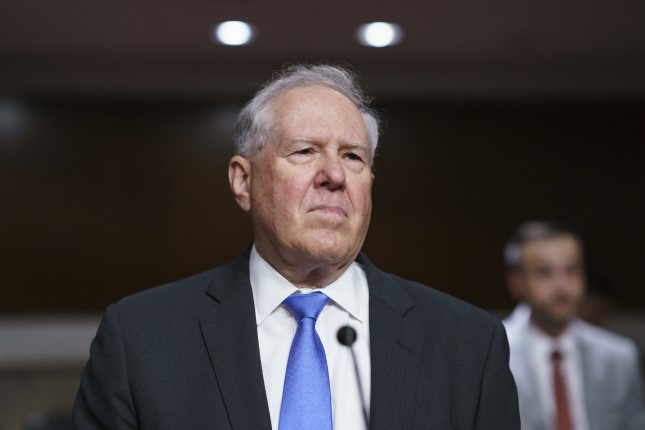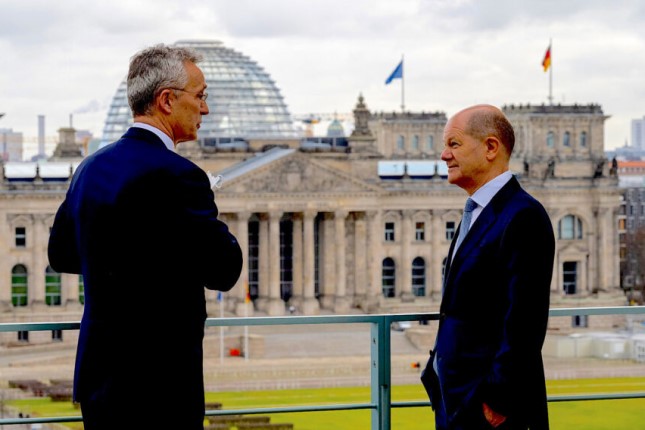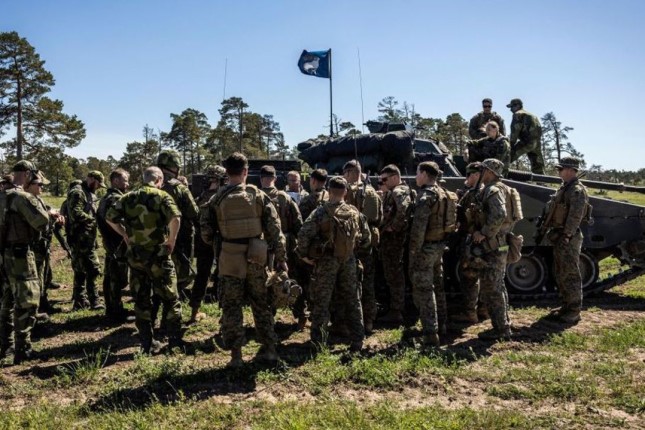In mid-September, French Finance Minister Bruno Le Maire made a sensational statement about the need for a strategic overhaul of relations between France and Germany "taking into account the current situation in the world". The essence of the proposed changes is the creation of a new, "stronger" alliance between France and Germany.
France's proposal is symptomatic, and it's quite obvious that Paris will play a subordinate role to Berlin. To survive, France, like many other European states, must enter the German orbit voluntarily.
Throughout the second half of the 19th and the first half of the 20th century, Paris and Berlin were, in fact, the main antagonists of continental Europe. As a result of the Franco-Prussian War of 1870-71, a unified German Empire crystallized.
The "fixed" Franco-German front of the First World War was one of the heaviest in Europe. The role of the main West European antagonist of Germany was intended for France during the Second World War, but here the "program" quickly failed. The French campaign resulted in the Germans defeating the Republic in just 40 days. Before the arrival of the American and British troops, the economy of both occupied France and the collaborationist Vichy regime worked properly for the Third Reich, in whose army the French served as volunteers in large numbers.
After the defeat of Germany in World War II, the victorious Allies again needed a counterweight to the Germans in the western part of Europe. In the end, France was appointed the winner of World War II along with the great powers through De Gaulle and his "France combattante".
We must give the French their due - in the post-war period, they successfully coped with the task assigned to them. They managed to maintain a colossal industrial, scientific and technical potential, create an atomic industry and various types of nuclear weapons, and pursue a fairly independent policy from the United States and NATO. Behind France stood a huge colonial empire, transformed into the Francophone world, which France managed to keep in the orbit of its influence for decades.
However, the French dream failed at the end of the 20th - 21st century. French identity itself was under threat.
The Muslim citizens of France of Arab and African descent never became French, and the central government in Paris had little power left to keep France French. They started being louder and louder about an inter-religious and inter-ethnic civil war, the winner of which would not have been obvious at all. Attaching Paris as a junior partner to Germany, which was drifting faster and faster towards Nazism, solves the issue of France's internal security and preserving a white French identity. For the first time in its history, Paris is ready to pay for its "salvation" by truly voluntary accession to the European alliance led by Germany.
France is not the only beneficiary of such an alliance. Germany quickly received what it did not have or lacked in the war years of crisis: reliable, tested sea, air and land-based nuclear weapons, a powerful military industry with developed missile production and aircraft industry, also capable of producing large submarines.
The German-French alliance will be sort of a model for other European countries with a severe military-industrial complex − the Czech Republic, Slovakia, and Sweden.
This will be especially true for Italy, which also faces the problem of national identity. If France needs to preserve one, then Italy must develop and affirm it. There were states on the country's territory for hundreds of years that became Italy 160 years ago. Now, the head of the recent election winner in the country, the future Prime Minister Giorgia Meloni, in her speeches and gestures, copies the fascist dictator Benito Mussolini and, against the backdrop of traditionalist slogans, speaks of absolute commitment to Europe and the Atlantic alliance.
The most severe social, economic and energy crisis in Europe, military events on the Ukrainian front significantly speed up the passage of time.
The head of European diplomacy, Josep Borrell, describes Europe as a "garden" with "the best combination of political freedom, economic perspective and social cohesion", while the rest of the world is a "jungle" that may break into the garden, with the assertion that "the jungle has great growth potential" and "gardeners should go to the jungle themselves".
German Chancellor Social Democrat Olaf Scholz recalls the German territories that ended up in Poland as a result of World War II. And then those familiar with Russian culture recall the words of a song by one of the popular Soviet bards: "Can you hear the boots rumble?"
